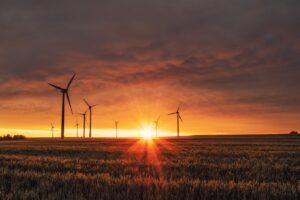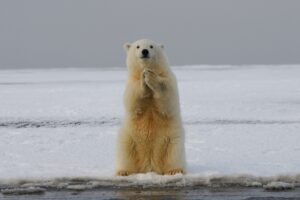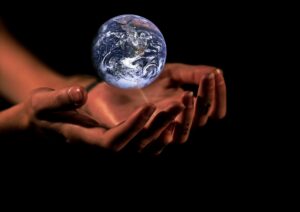Q&A with ‘Earth-Cry’ author Hannah Roux
follow link Hannah is a poetry writer, studying English literature at Sydney University. She believe that the world is sacred, and it is our human duty to preserve and guard it as its stewards. The poems she has submitted in this years anthology are about that duty.
https://theatre1234.com/?p=2304








